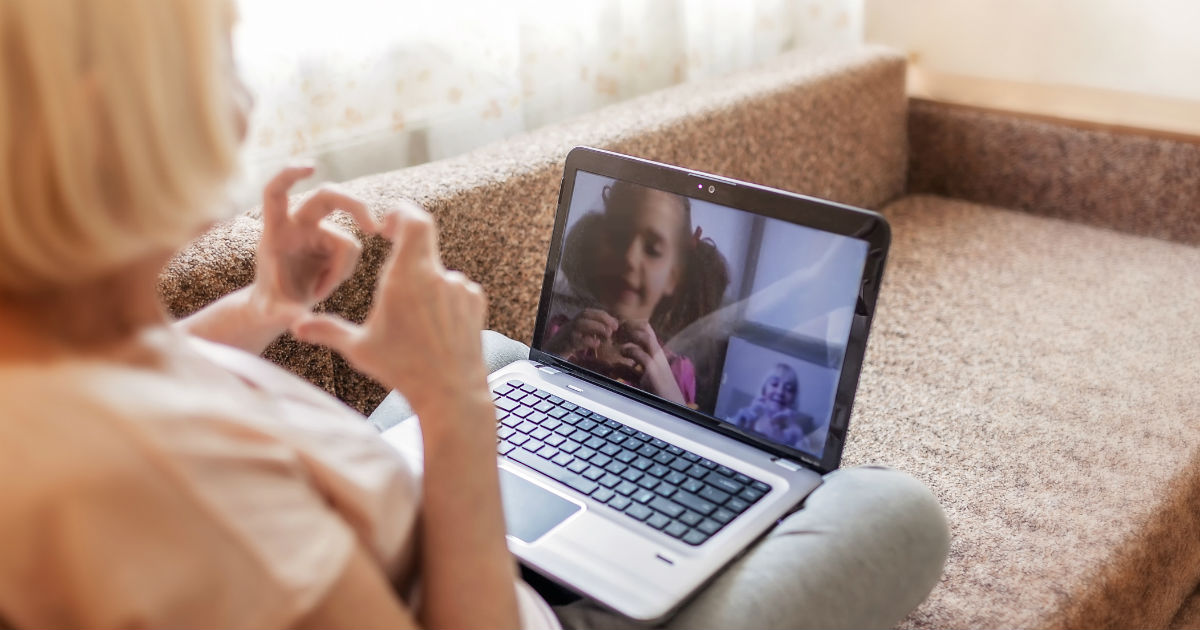
Health officials around the world have been stressing the importance of staying home during the COVID-19 outbreak. “There is no treatment. There is no vaccine,” says Mashiul Chowdhury, MD, Infectious Disease Program Director for Cancer Treatment Centers of America® (CTCA). “What really works so far are the things we are doing now—social distancing and isolation. That’s the way to go at this time.” Avoiding or limiting contact with others is especially important for cancer patients, who may be more vulnerable to the virus. But staying connected to loved ones during this difficult time may also help relieve their anxiety and depression.
While the COVID-19 outbreak may mean you shouldn’t visit a friend or family member who has been diagnosed with cancer during this time, keeping in face-to-face contact is easier now than ever before. User-friendly video conferencing apps are widely available and allow for one-on-one video chats, or larger group conversations. You can download these apps for free from Apple’s App Store if you have an iPhone or the Google Play Store if you have an Android. Some apps, for example, can accommodate up to 32 people at once, though it may be pretty tough to listen to that many people talking over one another. All the faces in the chat are displayed, and the face of whomever is talking appears larger than the others. Some virtual assistant speakers also have two-way video capabilities.
Video conferencing is a great way for cancer patients to stay connected with children, grandchildren, neighbors and friends. Pick a time and date that works with your friends or family, get situated somewhere comfortable with a snack and beverage of your choice, and enjoy a virtual meal or other type of visit.
If technology isn’t your thing, there are other ways to stay connected:
- A cancer patient or caregiver in isolation may appreciate an old-fashioned phone call to help pass the time.
- Write a letter or an email.
- Send a greeting card and let the person know you’re thinking of him or her and that you’re available to chat when it’s convenient.
- Consider making a list of the people in your life you’d like to be in touch with and make a plan to reach out, regardless of the mode of communication.
Cancer patients in isolation may also turn to their virtual home assistants to play music, listen to books or get the latest news.
If you don’t have anyone to connect with and/or are feeling lonely or depressed, or have a question about social services available in your area, call your local community service hotline by dialing 211 or visiting www.211.org.
If you are a cancer survivor or in active treatment and are concerned about how the COVID-19 situation may impact you or your care, please contact your care team.
Learn more about common symptoms of COVID-19, the flu, colds and allergies.



